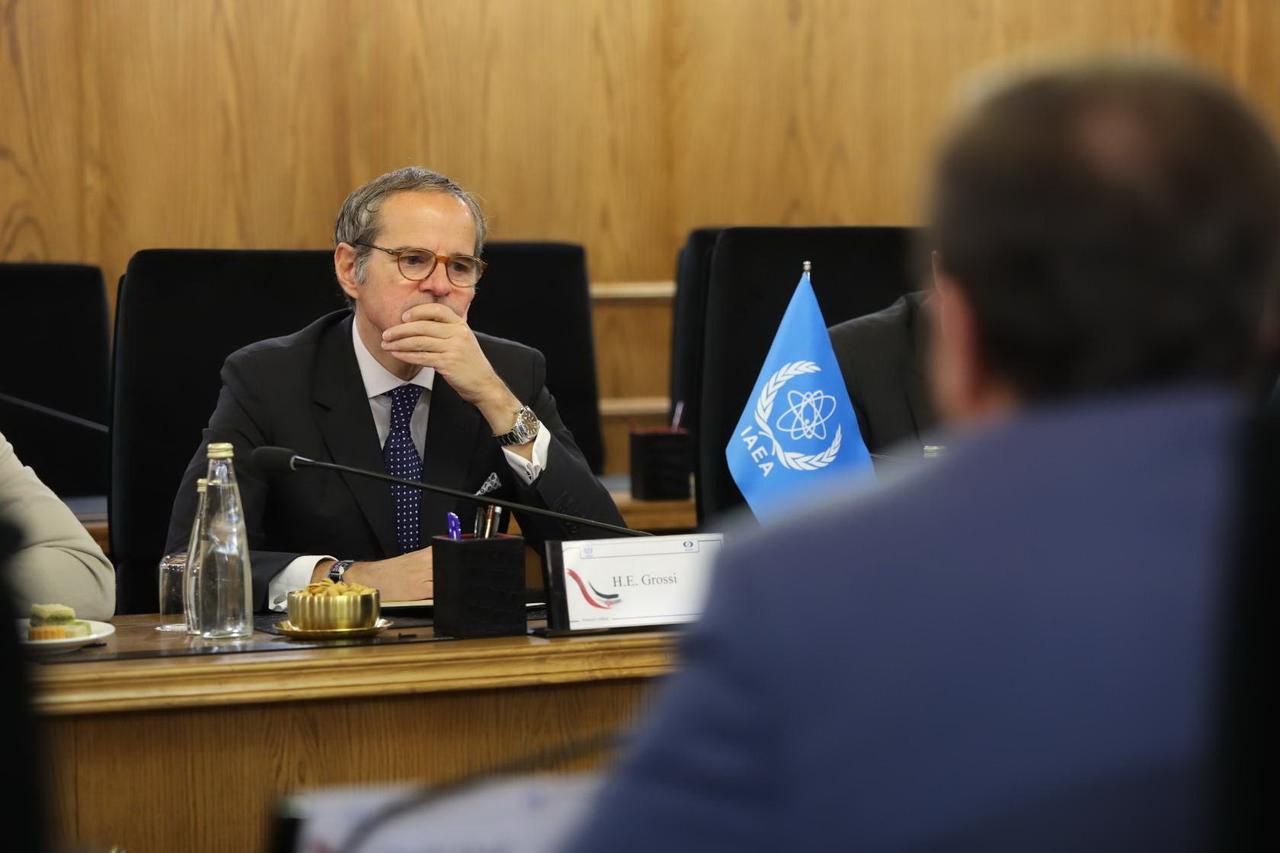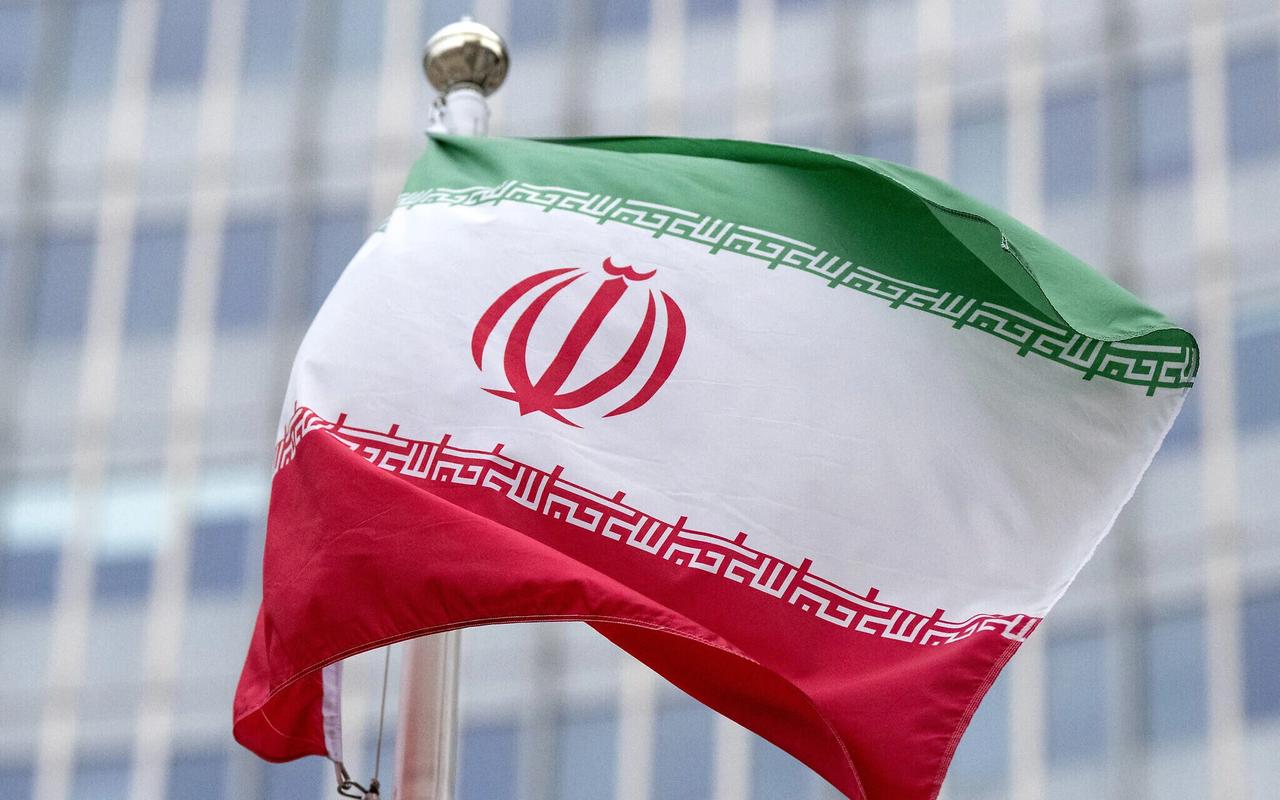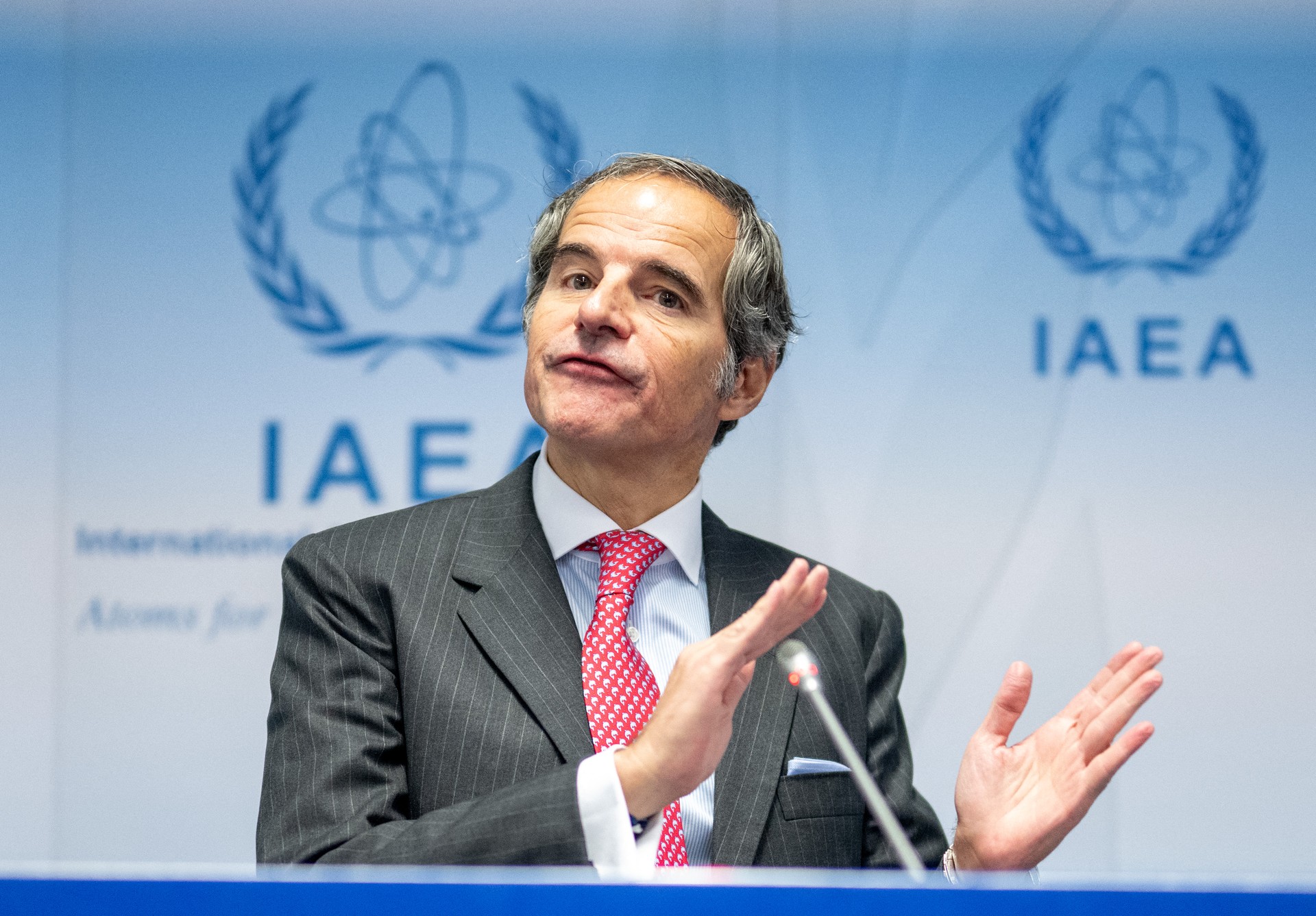
The International Atomic Energy Agency's board of governors formally declared Iran in breach of its nuclear obligations Thursday, marking the first such finding in nearly 20 years and potentially setting the stage for renewed United Nations sanctions.
The resolution, passed with 19 votes in favor, 11 abstentions, and three opposing votes from Russia, China, and Burkina Faso, represents the most significant action against Iran's nuclear program since 2005. The measure was sponsored by the United States, Britain, France, and Germany.
The IAEA board's action stems from Iran's failure to provide adequate explanations for uranium traces found at several undeclared nuclear sites. A comprehensive IAEA report circulated May 31 found that Iran's cooperation has been "less than satisfactory" regarding these uranium discoveries.
According to the resolution text, Iran has failed since 2019 to provide "full and timely cooperation regarding undeclared nuclear material and activities at multiple undeclared locations." The findings indicate that three of four investigated sites "were part of an undeclared structured nuclear program carried out by Iran until the early 2000s."

Iran responded immediately to the IAEA decision, announcing plans to establish a new uranium enrichment facility "in a secure location" and replace older centrifuges with advanced models at its Fordo facility.
The Iranian Foreign Ministry and Atomic Energy Organization issued a joint statement calling the resolution politically motivated and lacking a technical and legal basis.
"The Islamic Republic of Iran has no choice but to respond to this political resolution," the statement said.
Behrouz Kamalvandi, spokesman for Iran's Atomic Energy Organization, told state television that the new enrichment site is "already built, prepared, and located in a secure and invulnerable place." He added that replacing centrifuges at Fordo would "significantly increase" production of enriched materials.
Iran currently operates two underground enrichment facilities at Fordo and Natanz and has been constructing additional tunnels near Natanz following suspected Israeli sabotage attacks.

The resolution comes amid heightened regional tensions, with the U.S. ordering some personnel and their families to leave the Middle East. President Donald Trump has previously warned that Israel or America could conduct airstrikes on Iranian nuclear facilities if diplomatic efforts fail.
The resolution supports ongoing U.S.-Iran diplomatic talks scheduled for Sunday in Oman while maintaining pressure on Tehran to comply with Nuclear Non-Proliferation Treaty obligations.
Israel, which is not a signatory to the Nuclear Non-Proliferation Treaty and does not allow IAEA inspections of its nuclear facilities, called on the international community to take decisive action against Iran's nuclear activities. Israeli Foreign Ministry spokesman Oren Marmorstein said Iran poses "an imminent threat to regional and international security and stability."
Western diplomats indicated that while the current resolution represents a "serious step," diplomatic avenues remain open. However, continued Iranian non-compliance could trigger an extraordinary IAEA board meeting this summer, potentially leading to referral to the U.N. Security Council.
The authority to reinstate sanctions lifted under the 2015 nuclear deal expires in October, creating a timeline for Western nations to address Iran's nuclear program before losing that leverage.
The last time Iran was declared in non-compliance was September 2005, followed by a Security Council referral in February 2006.